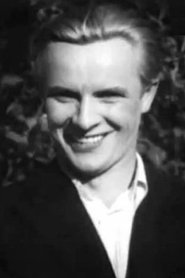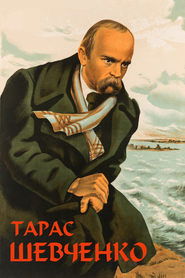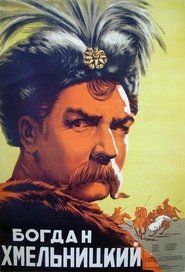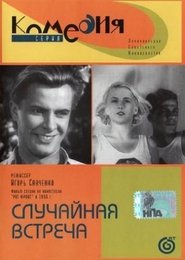
Ihor Savchenko
1906-10-11
44 (1950-12-14)
Вінниця, СРСР (Україна)
Ihor Savchenko was a Soviet and Ukrainian film director, screenwriter, and theater teacher.
Вінниця, СРСР (Україна)
Ihor Savchenko was a Soviet and Ukrainian film director, screenwriter, and theater teacher.


